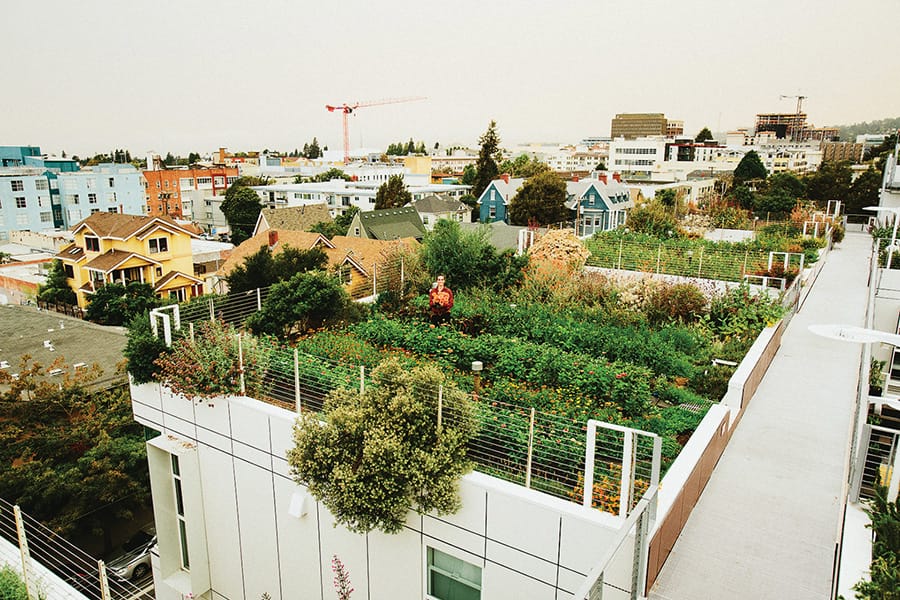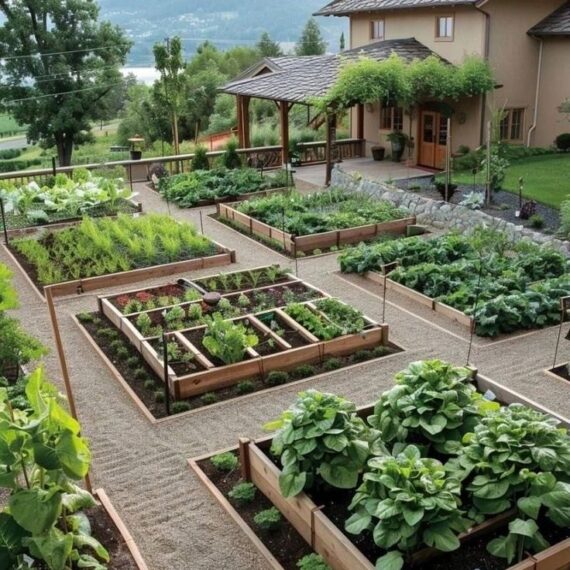Rooftop Gardening:
It is the practice of cultivating plants and crops on the rooftops of buildings. We grow variety of plants, from leafy greens and herbs to fruits and even small trees.
Importance of Rooftop Farming:
* Food Security: Rooftop farming can contribute to increased food production in urban areas, enhancing food security and reducing reliance on long-distance transportation of produce.
* Environmental Benefits: Rooftop gardens can help mitigate the urban heat island effect by providing shade and cooling the surrounding environment. They also improve air quality by absorbing pollutants and releasing oxygen. Additionally, they can reduce stormwater runoff and contribute to biodiversity.
* Community Building: Rooftop farming can foster a sense of community by bringing people together to grow food and share knowledge. It can also provide opportunities for urban residents to connect with nature and learn about sustainable agriculture.


* Economic Benefits: Rooftop farming can create jobs and generate income for urban communities. It can also increase property values and attract tenants to buildings with rooftop gardens.
* Health and Well-being: Access to fresh, locally grown produce can improve the health and well-being of urban residents. Rooftop gardens can also provide a peaceful and relaxing space for people to enjoy.
While rooftop farming offers numerous benefits, it also presents challenges such as limited space, weight restrictions, and access to water and sunlight. However, with careful planning and innovative solutions, rooftop farming can be a valuable tool for creating more sustainable and resilient urban environments.
